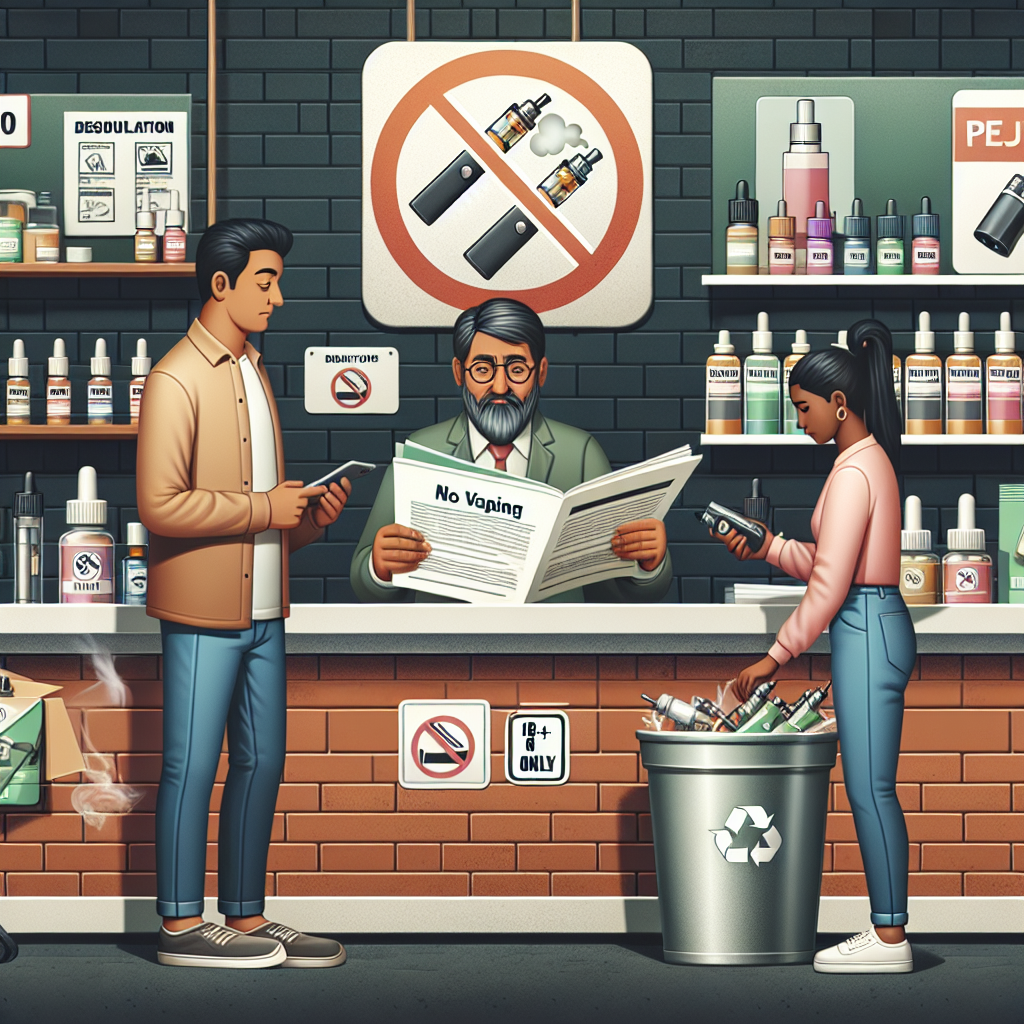Australia Takes Bold Step Against Youth Vaping with New Regulations
Australia's new vaping regulations now require e-cigarettes to be sold only in pharmacies and customers to consult with pharmacists. While prescriptions for those under 18 are still mandated, a compromise will lift this requirement for adults by October. The laws aim to curb youth vaping but have met with some public resistance.

New vaping regulations in Australia came into force on Monday, moving e-cigarettes behind pharmacy counters in a bid to curb youth vaping although opponents forced the government to walk back a stricter prohibition.
The laws, passed last week, will restrict vape sales to pharmacies and require customers to speak with the pharmacist before buying a vape. Those under 18 will need a prescription. The ruling Labor party was forced to water down a broader plan that would have limited sales to those with a medical prescription after opposition from Greens senators concerned it would restrict access for those looking to quit smoking and strain the health system.
But a three-month delay to implement the last-minute compromise means customers over 18 will require a prescription until October, when that requirement will lapse. "I think it doesn't really make that much sense, especially if they're going to be changing it again in October," Sydney resident Sarah Harris told Reuters.
"I think it's just going to make people go for black market vapes or try to get vapes through their friends or online, or whatever the other routes of purchasing them are." The regulations are addressed at youth vaping in Australia, where about 22% of 18-24 year-olds reported using e-cigarettes or vaping devices at least once, data last year showed.
In addition to restricting sales to pharmacies, the laws also limit the concentration of nicotine in vapes and restrict the flavours to mint, menthol or tobacco. Known for its strict anti-smoking laws and steep tobacco taxes, Australia already banned most vape imports earlier this year. Importers must now apply for licenses from the government drug control body.
While vapes are still widely available in small stores and a common sight in pubs and bars, the government says its enforcement push is taking hundreds of thousands off the streets. In April, Health Minister Mark Butler said border police had seized more than 1.5 million illegal vapes.
(This story has not been edited by Devdiscourse staff and is auto-generated from a syndicated feed.)










